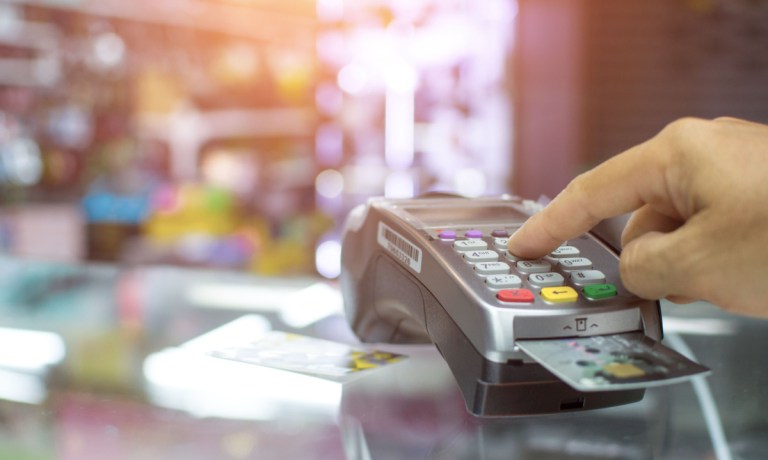Thredd Reports Early-Year Rise in Transactions

Payments processor Thredd is predicting a thaw following last year’s “FinTech winter.”
The company said Monday (Feb. 26) that it had seen an “atypical” early-year increase in debit and prepaid payment transactions.
“Overall, organic transaction growth for January 2024 vs. the same period in 2023 is up 18% while BNPL [buy now, pay later], corporate spend managers and B2C [business to consumer] retail providers achieved even more significant increases,” Thredd said in a news release provided to PYMNTS. “This growth trend is continuing into February.”
According to Thredd, debit and prepaid payment transaction levels tend to reach their lowest in January and February, as consumers and businesses cut back on spending. Last year saw a sharp drop in transactions from December to January and February.
This year, however, Visa and MasterCard debit and prepaid transactions processed at Thredd were steady against December levels and much higher than in the same period last year.
Thredd said that some the industries that performed best last month include BNPL providers, which saw a 58% increase in volume over January 2023, as well as a three-fold increase since January 2022.
Throughout 2023, there has been industry speculation that BNPL may have peaked, but the performance of Thredd’s clients belies this prediction; BNPL is here to stay. Consumers are voting with their wallets that BNPL fills a unique spot between revolving credit and debit.
B2B [business to business] payment providers also saw a 22% increase in transactions, while in the B2C space, transactions grew by 26%.
“While there are always a number of factors that can contribute to payment growth trends, the segment-specific improvements underscore the traction of digital payments in both the B2B and B2C space,” said Thredd CEO Jim McCarthy. “Our 2024 growth to date continues the upward trend seen in the second half of 2023.”
PYMNYTS spoke last month with McCarthy — a payments industry veteran who became head of Thredd last year — about the future of the sector’s landscape. He projected that fragmentation in the space will eventually spark consolidation.
“There will be a bunch of rollups,” he said, as consumers begin using neobanks and as traditional financial institutions are pressured by that pivot and a stricter regulatory environment.
“The world doesn’t like Balkanization, and no one’s going to live with 40 or 50 apps all competing for the same consumers,” said McCarthy.